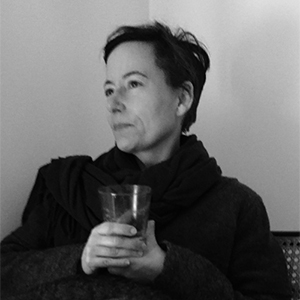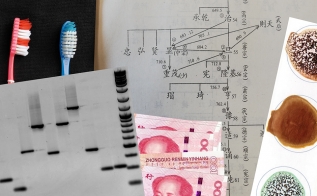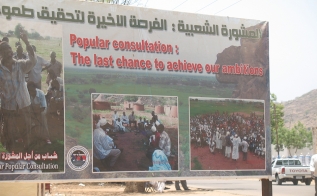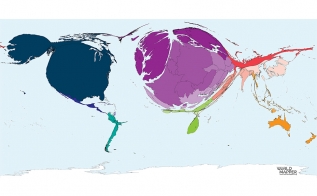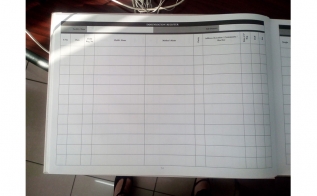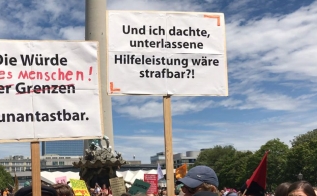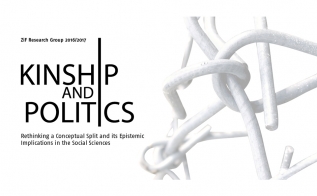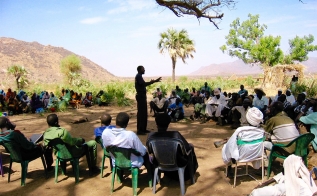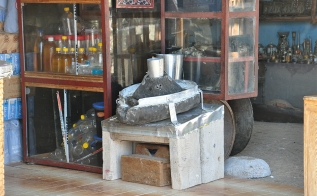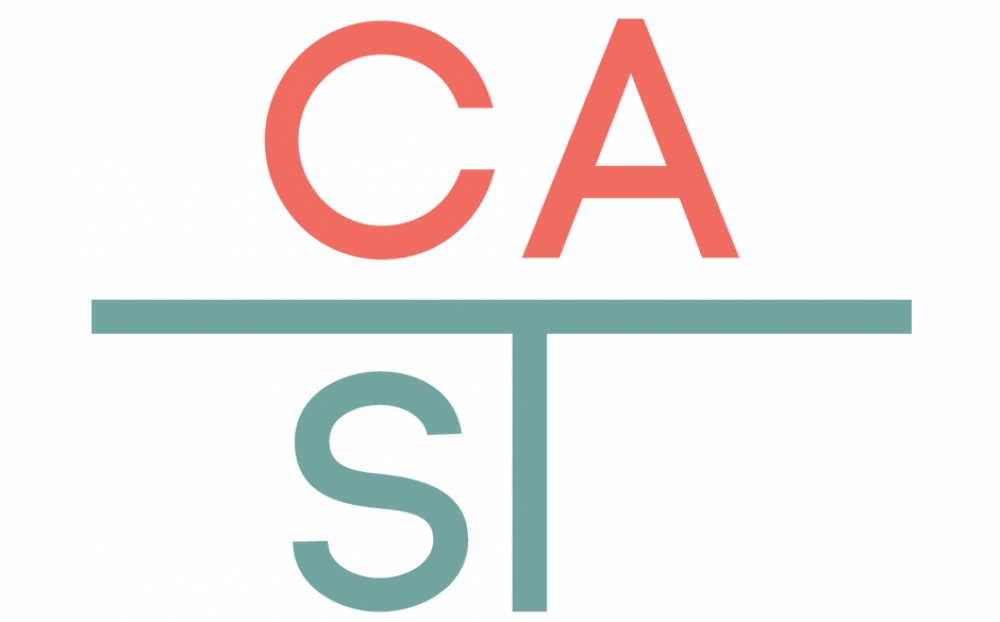
Description
Whether it is healthcare or public childcare during the pandemic, elder care in ageing societies or transnational care migration, care poses challenges for states around the world. Although we know that practices of care respond to state policies and can reproduce social inequalities, we lack theory that can systematically account for how care structures social hierarchies and state configurations. CAST develops a relational theory free of key binaries that have over-determined research: “good” (supporting) versus “bad” (controlling) care, “micro” care practices versus an encompassing “macro” state. These two dimensions parallel and encourage us to see the state in opposition to kinship, community and civil society. My project instead proposes that the state and its others coevolve in negotiations of care.
Key publication
Thelen, Tatjana, Larissa Vetters and Keebet von Benda-Beckmann (2018) "Stategraphy: Relational Modes, Boundary Work, and Embeddedness." In: Stategraphy: Toward a Relational Anthropology of the State, edited by Tatjana Thelen, Larissa Vetters and Keebet von Benda-Beckmann, 1–19. New York, Oxford: Berghahn.
Tags: Collaborative Project
Further Information
